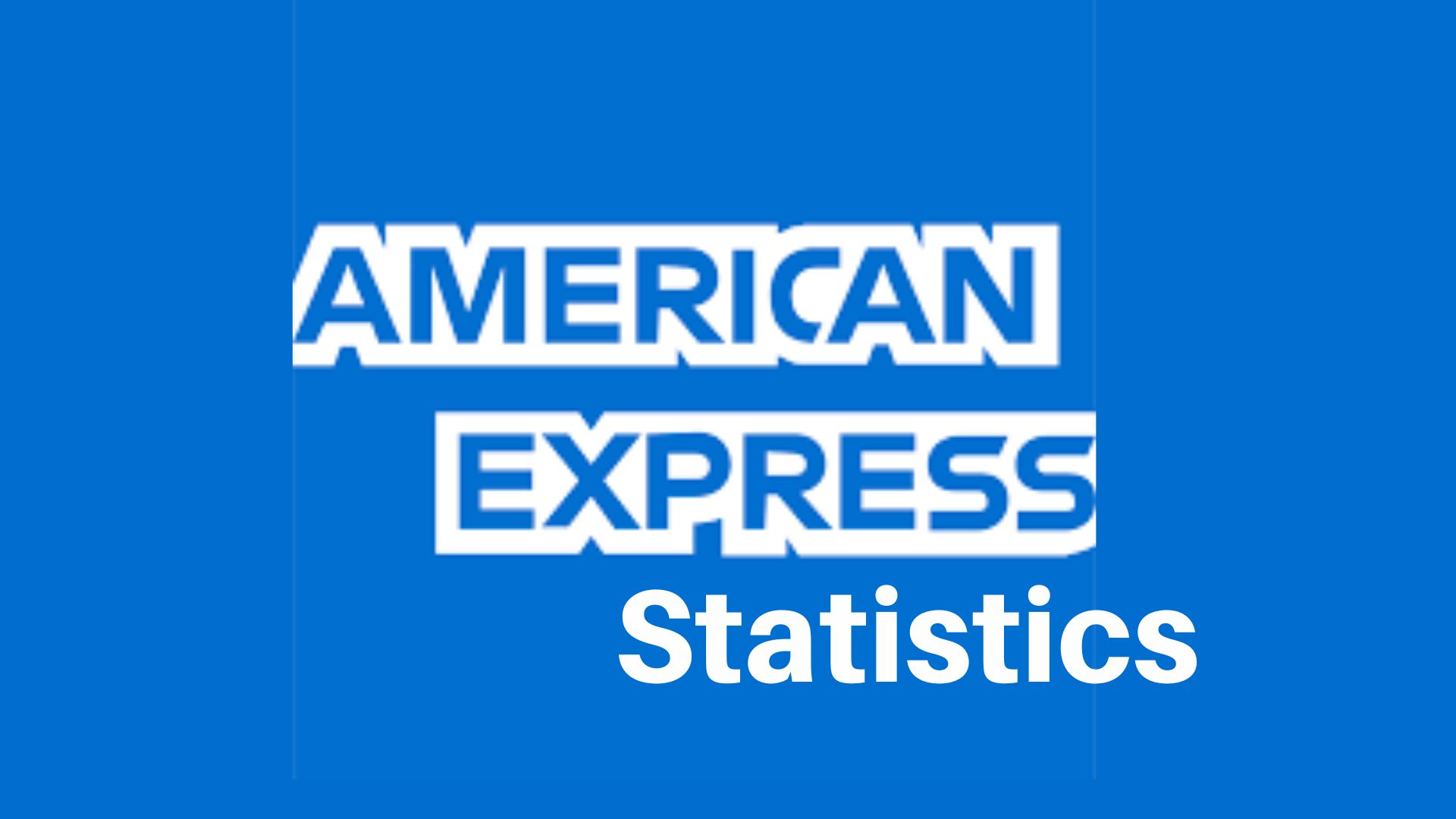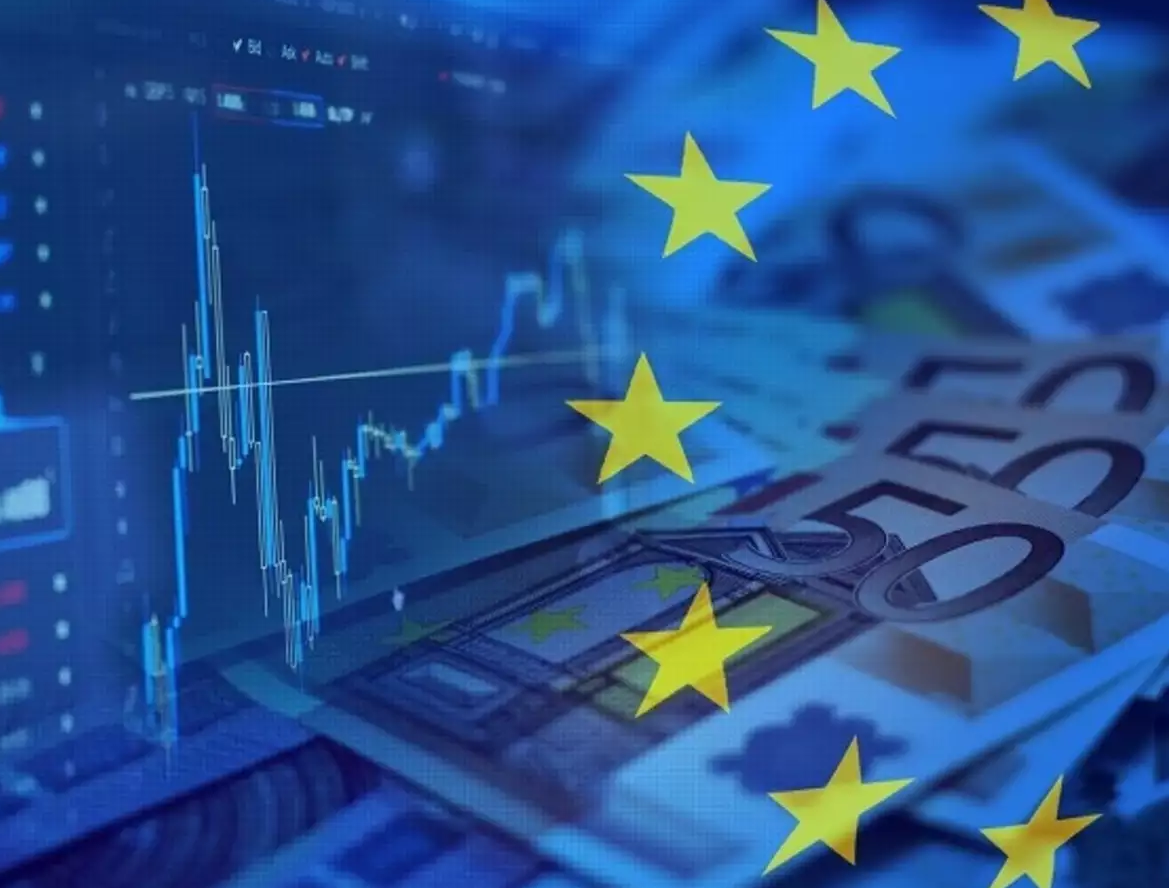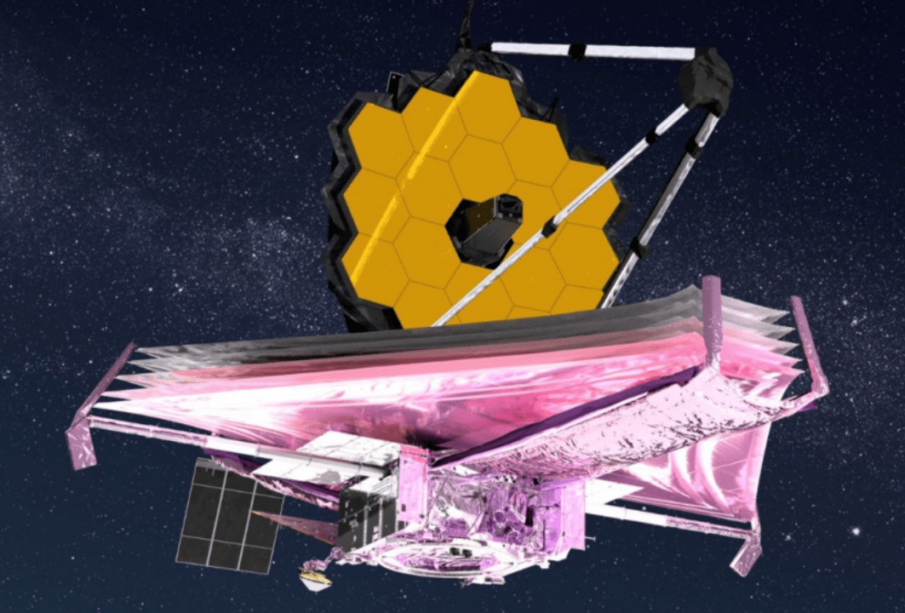Carlos Souza, a geologist, has worked at Imazon in Brazil for past three decades. He and his teams have explored how applied science can be used to save the Amazon rainforest. Satellite imagery has been an integral part of his work for a large portion of this time. Souza and his colleagues discovered that 90% of deforestation happens within five kilometers of newly constructed roads in the early 2000s. Satellites can track road expansion for years, but the old method required that people label their findings manually, collecting what would become training data. The result of all that labor was finally paid off last autumn with the release of an AI system by Imazon. It claims it can reveal 13 times as much roadway than the old method and has an accuracy rate between 70 to 90 percent.
For instance, stopping deforestation needs more than just spotting it from space. The federal program by Brazil helped to reduce deforestation by 80% between 2004 and 2012. Federal support for the program waned after that. President Jair Bolsonaro made good on his election promise and allowed the rainforest to be opened up to cattle ranch settlers and industry. The Amazon saw its highest level of deforestation in more than a decade.
Similar problems have been faced by other AI-focused conservation groups. Global Fishing Watch uses machine learning models to detect vessels that have switched off their GPS systems in order to avoid detection. They can determine the type, weight, fishing gear, and direction of the ship. This information is useful to authorities in order to identify illegal fishing and assist them in deciding when vessels should be inspected at sea. It’s not possible to patrol large areas of ocean. Global Fishing Watch’s technology detected hundreds of illegal squid fishing vessels in 2020. David Kroodsma (head of research) was responsible for this data. He also credited it with increasing cooperation between South Korea, China and South Korea. It did not result in any prosecutions. He believes enforcement at ports is crucial to make deterrence cost-effective and scalable.
Capgemini, a consulting firm, is working with The Nature Conservancy (a non-profit environmental group) to track trails through the Mojave Desert and protect endangered animal habitats. The initiative created an AI model that automatically identifies new roads by mapping trails made by off-road vehicles using satellite imagery from Clark County,
Nevada. This was done in a pilot program last spring. The Nature Conservancy plans to expand the project to monitor all of the desert’s 47,000-square-miles in four US states.
However, just like in Amazon, finding problem areas is only half of what it takes to solve them. The Nature Conservancy uses its AI model for informational purposes with land managers regarding potential threats to biodiversity or wildlife. The US Bureau of Land Management oversees conservation enforcement in Mojave Desert. It only has about 269 rangers and special agents.
Imazon has begun to forge ties with state policymakers in Brazil, despite the lack of federal support. Souza says that there is no proof that the federal government will be leading conservation and deforestation efforts within the Amazon. Imazon and four Brazilian states bordering the Amazon rainforest signed cooperation agreements in October 2022 to share data that could help prioritize enforcement resources.
People who deforest protected lands are already being prosecuted. Imazon now wants to use AI in order to stop deforestation. This involves combining the road-detection model and one that predicts which Amazonian communities are most at risk. Despite the fact that deforestation continues at an alarming rate in the early 2022, Souza believes that Imazon will be able to expand its AI for deforestation to seven other South American countries that have a direct connection with the Amazon rainforest.
Brazil will also hold a presidential election in the fall. Former president LuizInacio Lula Da Silva is the current leader in the polls. Although Lula’s plan for the environment is not expected to be ready until the end of this month, environmental ministers from his prior term in office believe he will make reforestation an integral part of his platform. He plans to strengthen enforcement agencies that were weakened by Bolsonaro as well as to re-establish Amazon Fund for foreign investments in reforestation.
ABOUT AUTHOR
Steven Burnett has over 15 years of experience in a range of industries and domains. Steven has a flair for gathering data and information through extensive research efforts, and has a strong set of skills to cover almost any domain with ease and produce reports that are easy to understand and aid in making well-informed decisions. You can get in touch with him here. Phone No: +1 315-447-6937 Email: steven.b@coinlaw.io









